
Audrey Grimm is one of Sequoia’s original founders and Chief Executive Officer. Audrey has spent her career working in behavioral health. She has over 10 years of nursing experience, half of that working in inpatient psychiatric and detox facilities. She graduated as a Psychiatric Nurse Practitioner in 2023.
Addiction is a powerful, complex disease that can affect people in a range of significant ways and ultimately be deadly if untreated. Researchers believe that, as is true with mental health disorders, many factors often come together to contribute to addiction.
When someone has an addiction to drugs or alcohol, recovery is possible with effective treatment. Sequoia Recovery Centers offers outpatient drug rehab in Spokane as well as other levels of care. Whether it’s our outpatient services or inpatient treatment, ensure that your care is evidence-based and personalized.
Outpatient rehab can be a very broad term. The commonality between all of these programs is that, unlike residential treatment, you don’t live onsite during treatment. Instead, you can return home in the evenings after your treatment services end for the day, or you might be living in a supportive housing or sober living environment.
Outpatient rehab can be the first step of your continuum of care if you aren’t able to leave home or your job, or other obligations. You might also participate in outpatient rehab after you’ve gone through a higher care level, like a residential stay. Another situation where outpatient rehab might meet your needs is following a relapse.
There are a lot of different levels of intensity within the larger category of outpatient rehab. A day program, also known as a partial hospitalization program (PHP), is the highest level of care offered on an outpatient basis at many treatment centers. These treatment options are very similar to residential rehab in terms of programming, therapy, and time commitment.
Then, there’s an intensive outpatient program or IOP. This type of outpatient treatment requires a significant weekly commitment—usually several days a week, for several hours at a time. You do return home in the evenings, and you can likely keep up with most of your other responsibilities during an IOP, although it may require some careful scheduling.
During intensive outpatient programs, you might work on relapse prevention and education, individual therapy and group therapy, and could be participating in a 12-step program at the same time.
Then, there’s a traditional outpatient treatment program which usually requires just a few hours each week, where you might go to the treatment facility and connect with your team of care providers.
The benefits of outpatient treatment include the fact that it’s more affordable than a residential program, and you can stay connected to your family, your job, and other commitments but receive the treatment you need. You’re responsible for your own addiction recovery during many hours of the day, and you can begin to explore putting your newfound coping mechanisms into action.
Outpatient treatment for drug and alcohol addiction is very much centered around behavioral therapy sessions in group and individual environments. Behavioral therapy modalities that are used to treat addiction include cognitive-behavioral therapy (CBT), dialectical behavior therapy (DBT), and contingency management. Cognitive behavioral therapy helps you learn how to identify problematic behaviors and triggers for your substance use, and then develop appropriate coping strategies. DBT is used in substance abuse treatment to help people improve emotional regulation and build interpersonal skills.
Contingency management encourages you to change your behaviors by providing rewards for certain behaviors.
These are just a few of the many types of behavioral therapy that are considered evidence-based and supported by research.
Behavioral therapy is also considered an important treatment approach for co-occurring mental health disorders, which affect many people with substance use disorders.
Sequoia Detox Center offers varying types of outpatient programs, including intensive outpatient treatment when needed. Our Spokane outpatient treatment center is calm, comfortable, and welcoming to support healing and recovery every step of the way.
We Work With Most Major PPO & HMO Insurance Providers. We Now Are Accepting Medicaid for Outpatient Treatment. Within Medicaid, we only accept Well Point and Community Health Plan of Washington plans.
We Are An In-Network Provider For Kaiser And Lifewise Insurance Carriers.







As a disease, there is a set of diagnostic criteria for an addiction. An addiction can be diagnosed as mild, moderate, or severe based on how many criteria affect you.
Signs of addiction begin with compulsive, continued use of the substance even though it creates negative consequences. Addiction can also lead to changes in physical appearance, behavior, mental health, and relationships.
Specifically, substance abuse can be diagnosed with criteria including the following:
Sequoia Recovery Centers offers options if you’re searching for outpatient drug rehab in Spokane. Our compassionate care providers can diagnose your addiction and create a personalized treatment plan with your individual needs in mind. Our outpatient rehab center provides support for individuals struggling with addictions to alcohol, opioids, benzodiazepines, and more. Learn more about our medical detox center in Washington.
You’ll often hear about the continuum of care in terms of addiction treatment. A continuum of care approach means that rather than completing one specific program and then leaving treatment, you move through several phases or steps of treatment. You can step down as you’re ready into less intensive care levels. Your treatment team in this model can adjust your plan as your needs evolve and shift.
The continuum of care means that you might first begin with a high level of care, like a medical detox, and then an inpatient program. From there, as you’re ready, you could start outpatient treatment, which delivers sustained support, but flexibility and freedom.
Then, the final part of your continuum of care could be an aftercare plan, with connections to resources in your community and recommendations for options like 12-step programs to help you maintain your recovery.
We understand how challenging it can be to know if and when you or your loved one needs help with addiction. By taking this quiz, you can get a quick assessment of some signs that may indicate whether or not you need to reach out for help.
Sequoia Detox offers Spokane outpatient drug rehab programs, as well as medical detox and inpatient treatment.
Our experienced and compassionate team is here to help you. Get in touch with our Spokane intensive outpatient program today.
